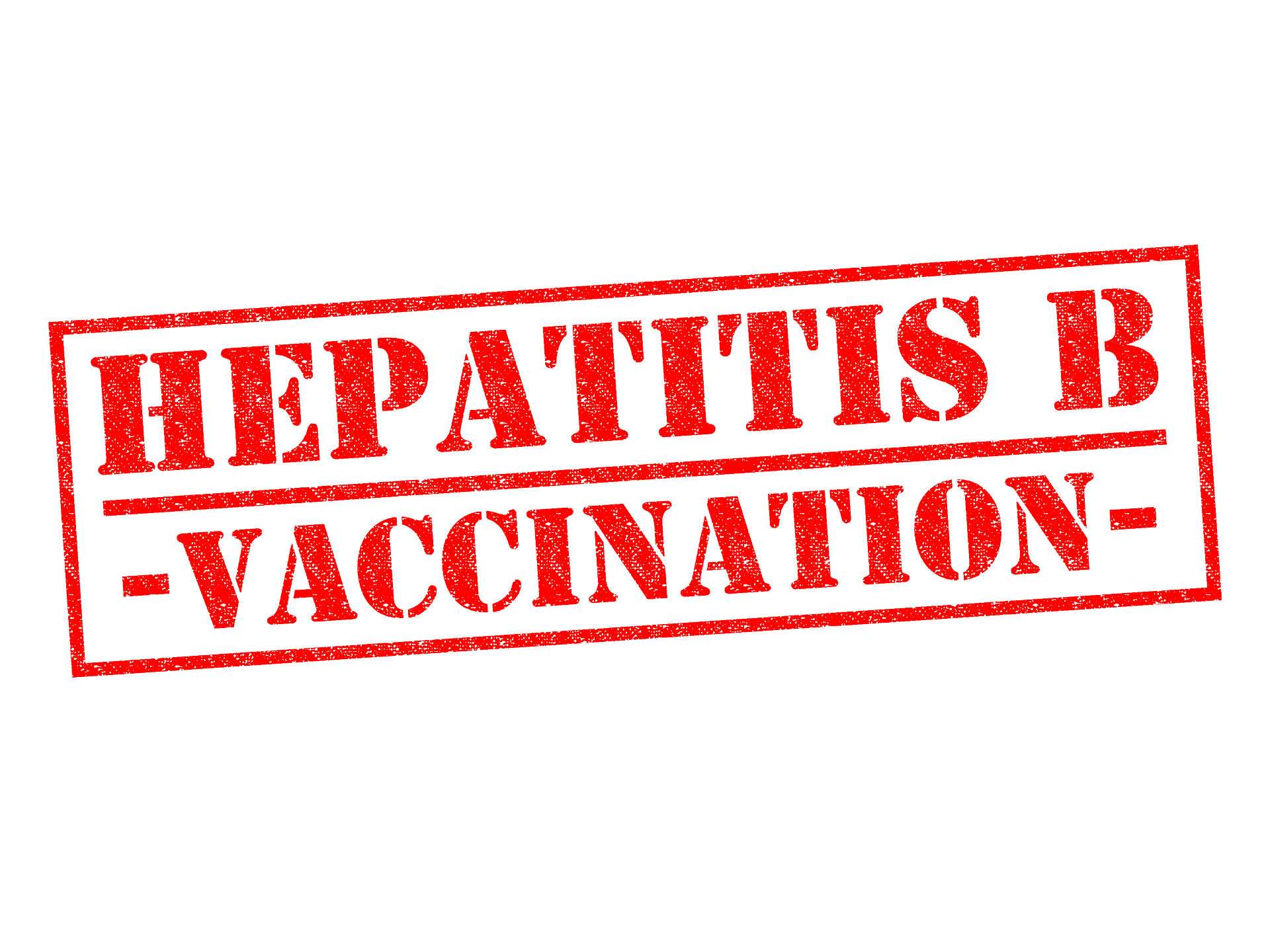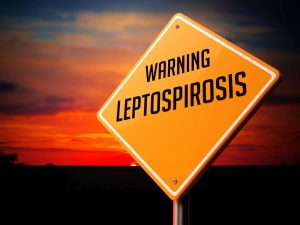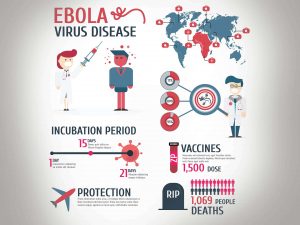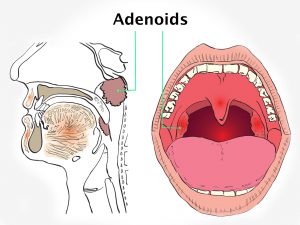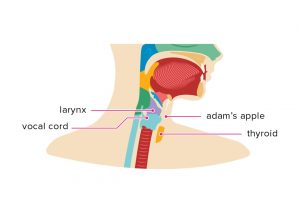Hepatitis B is caused by the hepatitis B virus. It can present as an acute infection or in a chronic state. The liver is the organ most affected by the disease, often ending in failure that proves fatal.
Hepatitis B is transmitted when the virus enters the body through infected blood or blood products and bodily fluids of a person carrying the virus.
Hepatitis B is a vaccine given in 3 doses to the infants. Sometimes a combination vaccine is also given that contains the hepatitis B vaccine.
In adults, the importance of hepatitis B vaccine is magnified. Though all adults are eligible for a hepatitis B vaccine, there are specific high-risk groups in whom the vaccine is a must. These include:
- People having multiple sex partners.
- Men having sex with men.
- Intravenous drug users.
- Pregnant women.
- Sex partners and family members living in close association with an infected person.
- Persons travelling abroad.
- Patients undergoing treatment for kidney failure.
- People with diabetes type 1 or 2.
In adults the schedule is as follows:
- 1st dose on an appropriate day.
- 2nd dose a month after the first dose.
- 3rd dose 6 months from the first dose.
